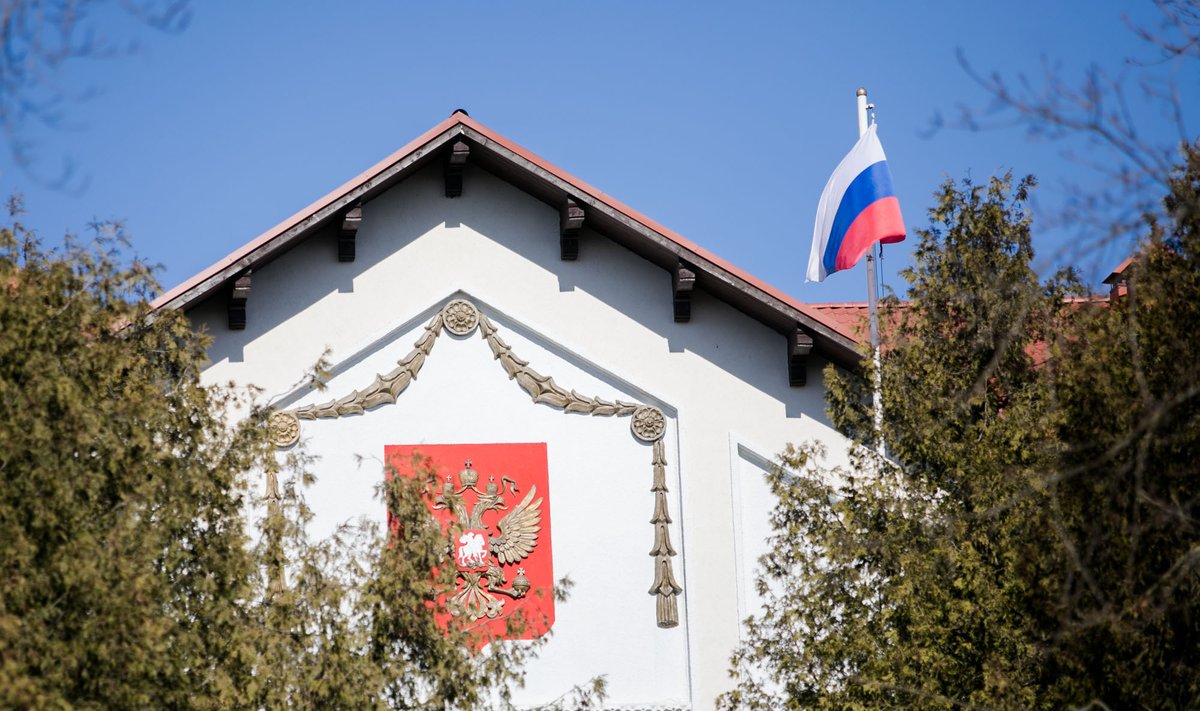"We consider actions of the Lithuanian government to be disgraceful after a four-year prison sentence was issued to Greicius, a representative of the Baltic Youth Association Juvenis, the organizer of the Immortal Regimen campaign in Klaipeda," the embassy said in a statement issued on Monday.
It says the accusations for Greicius of having spied for Russia are ridiculous as Greicius was accused o having photographed the cultural events he organized.
"The new stage of Vilnius' political repressions against its citizens deserves attention and the adequate reaction of international organizations," the statement reads.
Last Friday, a Lithuanian court handed prison sentences to two Lithuanian citizens after finding them guilty of spying for Russia.
Greicius and Mindaugas Tunikaitis, who confessed and cooperated with the investigation, was sentenced to a year and a half in prison, Klaipeda Regional Court said.
The trial was held behind closed doors.
Both men were accused of collaborating with Russia's Federal Security Service to collect intelligence information in Lithuania.
The defendants did not know each other, but they were in contact with the same FSB agent from Russia's Kaliningrad region. Both men collected and passed on the information for a fee.
According to the case-file, Tunikaitis lived close to the border with Kaliningrad and made regular trips to the Russian region, where he was met and recruited by the FSB officer. For almost six years, the Lithuanian citizen observed, photographed and filmed objects, and collected information online or through other people.
Tunikaitis confessed to the espionage charges and gave testimony that helped law-enforcement get a complete picture of the foreign intelligence agency's activities, according to the court.
For almost four years, Greicius organized events wholly or partially financed by the Russian intelligence officer, photographed or filmed the events and people attending them, gathered information relating to these events and published it in Lithuanian media, and passed the information on the Russian officer, according to the court.
The defendant denied the espionage charges, but the court concluded that there was sufficient evidence to prove his guilt.
